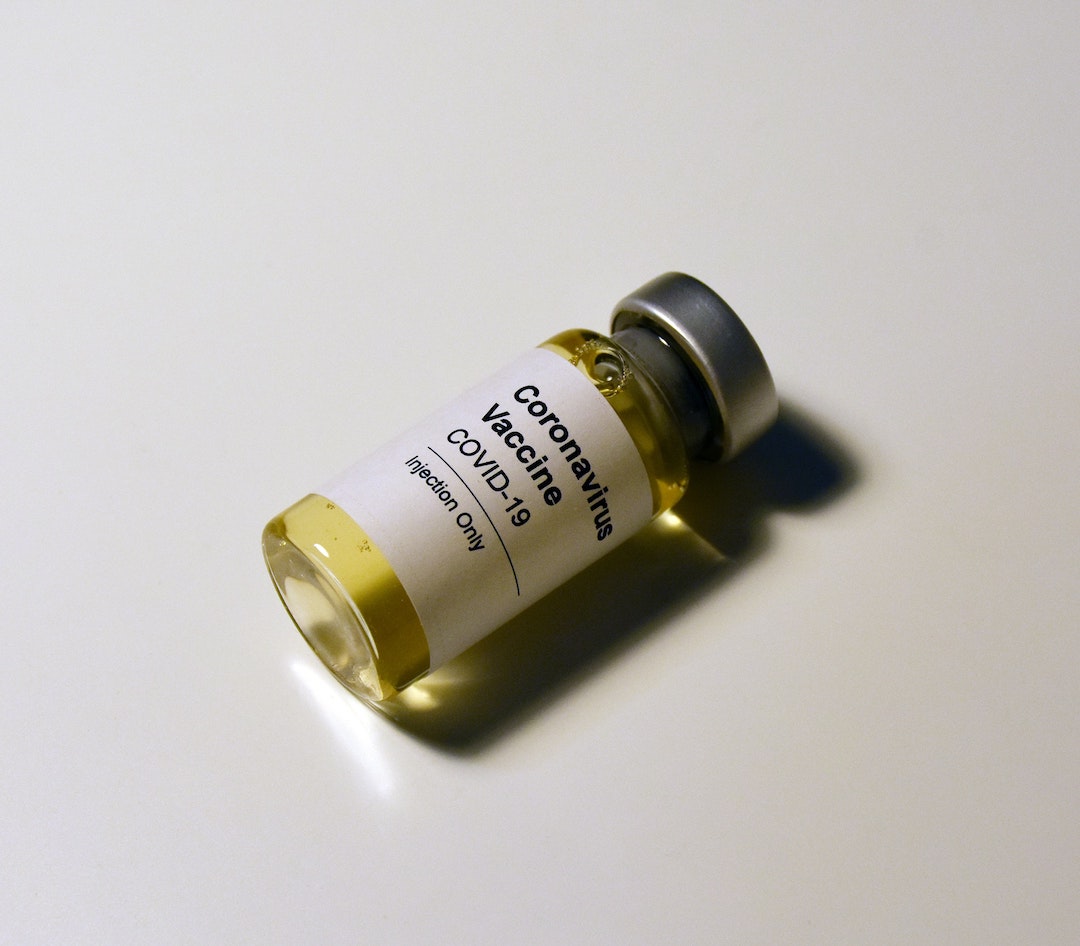Over the last year, plenty has changed worldwide, as we’ve adjusted to the Covid-19 pandemic. It’s been a challenging year for everyone, but as vaccines begin to roll out, the world seems to be opening up again.
While this is an excellent step towards normalcy, it will take some time to get everyone healthy and safe again. At LACOSTA, our focus is always on our clients’ and employees’ health and safety, and as more people are getting vaccinated, we wanted to help as best we can.
In this article, we’ll go over some things you might need to know about the vaccine, where we’re at now, and what that means going into the future.
Vaccines 101
Chances are, you’ve had to get a vaccine shot before. Whether for school, travel, or business, the influenza vaccine has become a yearly ritual for most people. That being said, people still have plenty of questions about vaccines that they want to be answered.
Before we talk about the rollout plan for the Covid-19 vaccine, we’ll examine a few of the most frequently asked vaccine questions.
How are vaccines created?
Most of us know that vaccines are heavily researched, tested, and tried, but very few of us know how a vaccine comes to be! Every vaccine will have different requirements, but they all go through generally the same process.
This four-step process helps us know as much as we can about a disease and helps create the best way to stop it.
- The disease is identified and studied thoroughly to determine what type of vaccine will work best.
- A vaccine is developed and tested across many different labs to ensure it is safe.
- Clinical trials are conducted to see how well the vaccine works.
- Once a vaccine is determined successful, it is manufactured and distributed to be used.
While all vaccines will go through this process, different vaccines take different amounts of time to develop.
How do they work, and are they safe?
Vaccines can be the best way to protect against disease, so their safety is a vital topic!
There are different types of vaccines, but they all revolve around the same idea. A small, harmless part of the virus or bacteria causing the disease is injected into you. Your immune system then learns what the virus is and develops the appropriate immune response for the future. Doing this ensures our bodies can build up the proper defense without ever getting the actual virus.
As for their safety, all vaccines are heavily tested and retested to make sure they are safe for everyone. Both the Food and Drug Administration (FDA) and the Centers for Disease Control and Prevention (CDC) test vaccines as they are developed, and it’s only after this testing will a vaccine be approved.
Are there side effects?
Plenty of people will cringe at the mention of side effects, but thankfully, vaccines tend to have minimal, if any, side effects. After you are given a vaccine, your body might feel a little off for a few days as it builds your immune response. However, unless you are allergic to an ingredient in the vaccine, your side effects will likely not last long.
The Great Vaccination
The CDC has released the plan for what order vaccines will be distributed across the United States, making sure that those most at risk will get their shots first. Their plan is split into phases, with each phase affecting a different population in the country.
We have already seen the first phase (1A) of vaccinations, as frontline healthcare workers and high-risk, long-term care residents received the earliest shots. While this phase continues, we are already moving on to the second and arguably most important phase of vaccines.
The 1B Phase Vaccine and Beyond
Now that most healthcare and heavily affected citizens are vaccinated, the next phase of the CDC’s vaccine rollout focuses on the country’s essential workers. These workers faced the most prominent risks during the pandemic and continued to work despite the virus.
Some essential workers may seem obvious, such as firefighters and postal workers, but phase 1B also includes grocery workers, educators, manufacturing workers, and public transit operators. As we get further and further along in the vaccination rollout plan, you may start to see more of these businesses return to their total, standard capacity!
It is important to note that even with the vaccine, you should keep cleaning systems to prevent the spread of Covid-19 thoroughly. Clean and disinfect your hands, work areas, and high-touch surfaces as often as possible, and wear a mask to reduce risk. If you aren’t sure whether you qualify for 1B Status or not, consult a health care professional or your business facility manager to see if you fit the criteria.
If your business is looking for cleaning companies, don’t just look up “Janitorial services near me,” contact us at LACOSTA and start a new janitorial partnership today.
The LACOSTA Team
The health and safety of employees should be the first priority of every business, which is why at LACOSTA, we are particularly excited for this phase of vaccinations. Our employees are part of the essential workforce that has been working tirelessly over the last year to keep the world running, and we look forward to our vaccinated future.
As a commercial janitorial service company, we have helped many industries stay healthy and hygienic through the worst of the pandemic. Our cleaning crews are highly qualified and offer industry-leading, full-service, professional cleaning. We specialize in a significant number of cleaning services beyond your basic office cleaning, and our emphasis on environmental sustainability has made us a favorite among many industries.
Don’t hesitate to reach out with any questions you might have about our services! We are happy to discuss our services and how they might apply to your particular worksite and workplace environment.


